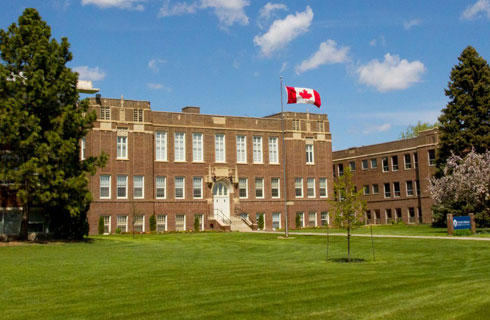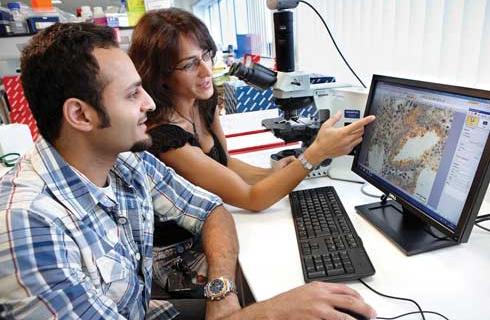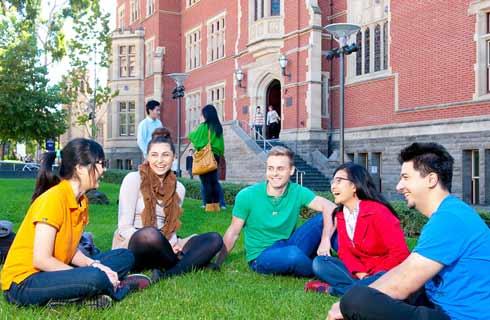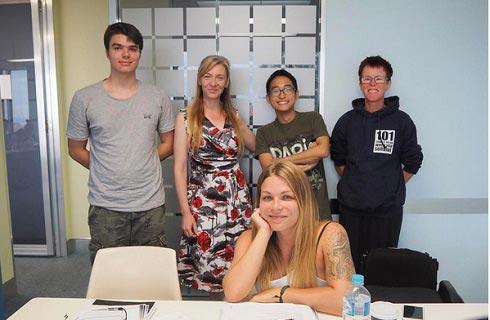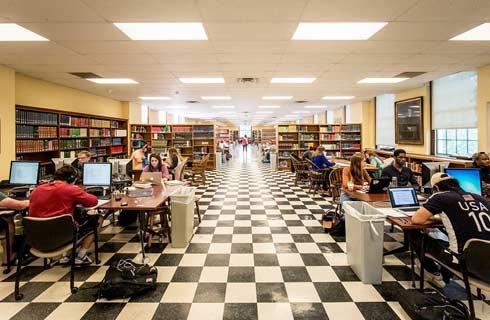Bachelors of Engineering (Honours) and Bachelor of Computer Science - Civil Engineering
国际学生入学条件
Queensland Year 12 (or equivalent) General English subject (Units 3 & 4, C); Mathematical Methods (Units 3 & 4, C); and one of Chemistry or Physics (Units 3 & 4, C).
Studying Specialist Mathematics (Units 3 & 4, C) and both Chemistry and Physics is recommended as students will have increased flexibility in their studies.
International Baccalaureate Diploma - 32
IELTS overall 6.5; reading 6; writing 6; speaking 6; listening 6. For other English Language Proficiency Tests and Scores approved for UQ
TOEFL IBT - Overall 87, listening 19, reading 19, writing 21 and speaking 19.
展开
IDP—雅思考试联合主办方

雅思考试总分
6.5
了解更多
- 雅思总分:6.5
- 托福网考总分:87
- 托福笔试总分:160
- 其他语言考试:Pearsons - Overall Score of 64 and 60 in all sub bands.
CRICOS代码:096362B
申请截止日期:请 与IDP联系 以获取详细信息。
课程简介
This dual program is your ticket to a role building the next generation of leading-edge technologies with major companies across the globe. By studying the dual program, you'll obtain two sought-after qualifications in less time than studying the programs separately. The skills and knowledge you'll develop through the computer science program will complement your engineering expertise, and together they'll allow you to carve out a career in the high-tech industries of the future. UQ's engineering program offers the largest choice of engineering disciplines in Queensland, with 5 core specialisations and 14 majors to choose from. The flexible curriculum will equip you to work in both established and newly emerging areas of engineering. You'll benefit from hands-on experiences across all aspects of engineering, more study options for greater career opportunities, and direct contact with industry – your future employers – threaded throughout your degree. Computer science combines the theoretical studies of algorithms and data structures with the practical challenges of implementing them in hardware and software systems. Through this program you'll develop the strong analytical, logical and development skills necessary to advance computing and its applications. You can specialise in cyber security, data science, machine learning, programming languages or scientific computing.<br><br>In civil engineering you will study how to plan, design, construct and maintain infrastructure such as buildings, dams, airports and transport networks. You will also learn how to protect and improve the natural environment while meeting the changing needs of society.The civil engineering specialisation enables you to develop technical skills in building materials, the design of structures, hydrology, geotechnical engineering, fire safety and transport systems.This is complemented with an understanding of natural systems and the analysis techniques used to examine how both the built and natural environments perform and adapt to environmental challenges such as climate change and associated shifts in rainfall, wind, flooding and natural disasters, as well as future population needs.With a focus on applying engineering expertise to develop practical solutions, combined with regular interactions with the civil engineering industry and world-class academic staff, you will gain the knowledge, skills and industry links that will enable you to immediately contribute to the engineering profession.
展开















